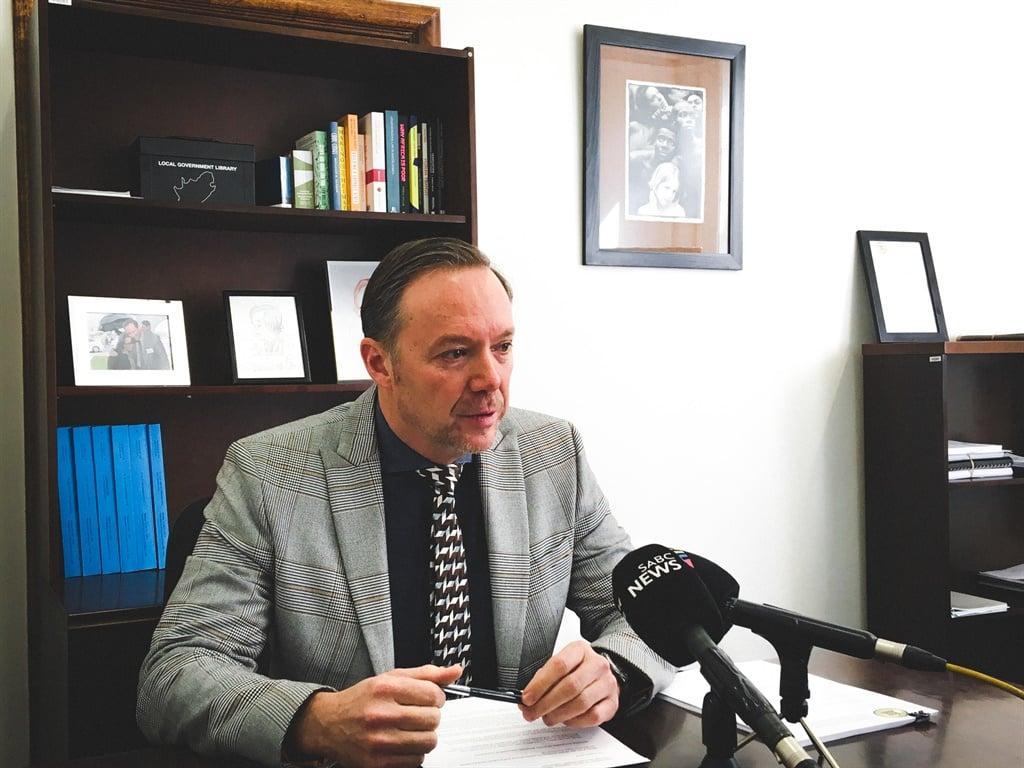Africa-Press – South-Africa. Political party GOOD says South Africans should stop asking if the country can afford a basic income grant and instead ask if the nation can afford not to have one.
Party secretary-general and MP Brett Herron says the question is: “Can we afford to leave 8 million unemployed South Africans in a severe state of hunger, failing in our constitutional obligations and increasing the levels of anger and desperation in our society?”
GOOD has launched a basic income grant campaign that is expected to be one of its main election priorities in the run-up to next year’s general elections.
“In the hierarchy of priorities, this should come first: Meeting the most basic human needs of South Africans. With the appropriate moral conviction and priorities, we can make it work. GOOD’s proposal is that unemployed South Africans between the ages of 18 and 60 will qualify for this grant. According to most recent data (which is outdated), R999 falls between the lower-bound poverty line and the upper-bound poverty line,” Herron said.
Currently, the social relief of distress grant gives beneficiaries a R350 per month.
“This amount has not increased since it was first introduced in 2020, and is funded until 31 March 2024. In April 2022, the food poverty line was R663 per person per month. Obviously, the R350 per month grant does not meet about half the current estimated food poverty line,” he said.
Herron also said GOOD had conducted research as to the feasibility of funding a basic income grant from the national budget.
He said R999 was the maximum that could “reasonably be funded” through the current budget.
“It is enough to meet the lower-bound poverty line as it was last published (in 2022), with a little extra for a small travel subsidy, mainly for the purpose of job-seeking. But, as we can see, inflation, particularly of food prices, drives up the poverty lines.
“The basic income grant will have to rise at the level of inflation – something which the government has failed to do with the social relief of distress grant, which has remained at R350 since the onset of Covid-19. The cost to the fiscus would be roughly R100 billion. The current South African budget for expenditure is R2.24 trillion. Thus, this is about 2% of annual expenditure,” he said.
Regarding the cost of a basic income grant, Herron said there were several interventions government could introduce, including:
“Adopting an approach of zero-based budgeting and closing inefficient government programmes that don’t yield a satisfactory return on investment, including but not limited to reducing the number of ministers, ministries and departments,” Herron said.
For More News And Analysis About South-Africa Follow Africa-Press






